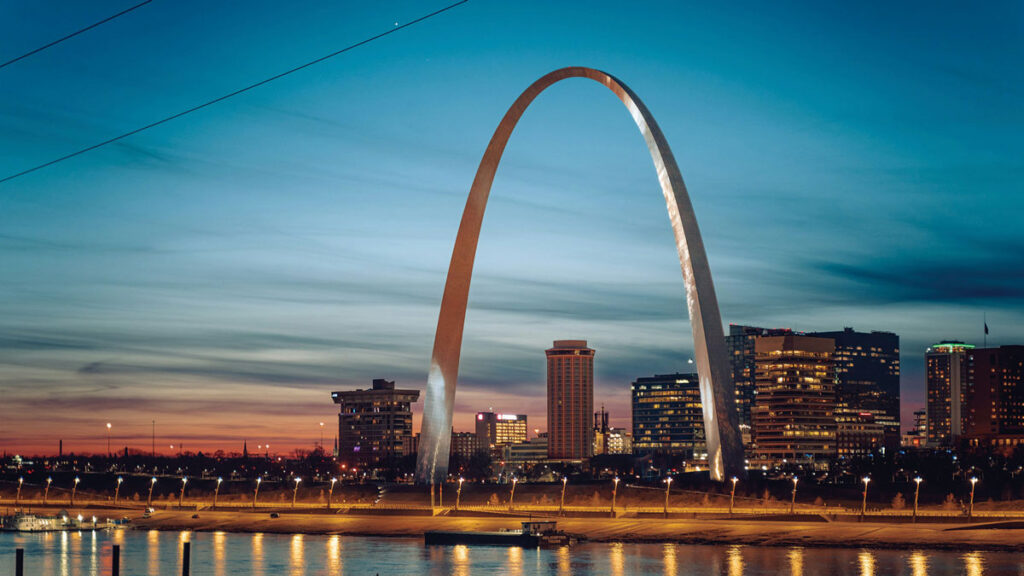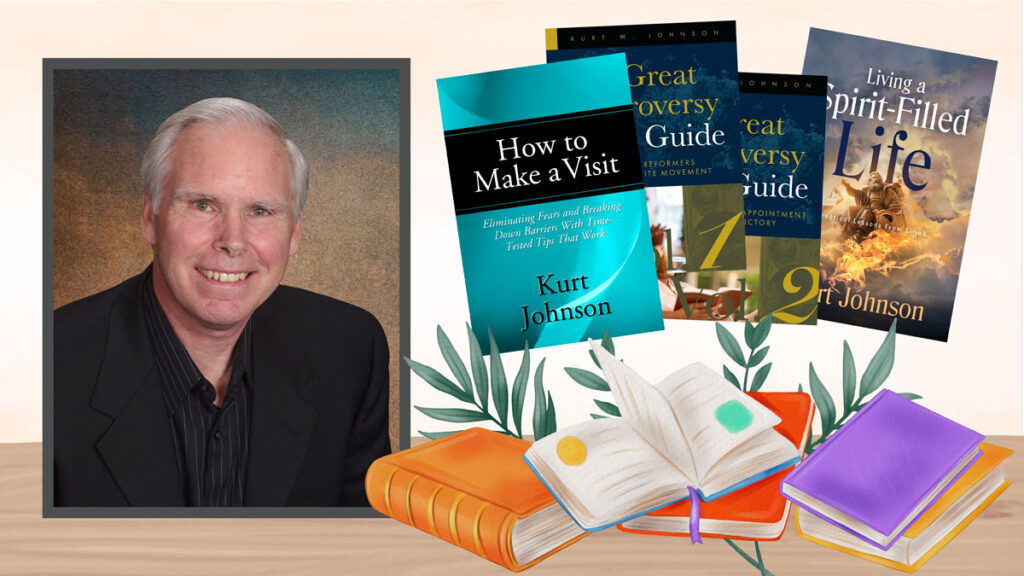I still remember, as a second-year theology student at Avondale, the essay I wrote on Genesis 6. If you need a reminder, the chapter is divided into two halves. In the first, the problem of multiplying human evil is explored and the infamous Nephilim are mentioned. In the second, God sets into motion the plan of rescuing the world—and humanity from itself—with, of all things, a worldwide flood.
My essay was on the first half of Genesis 6, concerning the spread of evil and the Nephilim. As a fan of myths and legends, this section fascinated me. I delved head-first into the scholarly discourse on the subject and one Sabbath, I had a conversation with a church member about the essay. Brand-new to the world of biblical scholarship, I enthusiastically shared what I’d learned, the disagreements between differing schools of thought and the like. Perhaps I was naïve, but what he said next shocked me. Rather flippantly, he replied, “Well, it doesn’t matter. We don’t believe any of that.”
And just like that, the conversation was over. I would have welcomed a contradiction, retort or well-reasoned counterargument. Instead, all the ideas I presented were discarded simply because, in his view, “we” didn’t believe any of it anyway. But who is “we”? Is it those of us belonging to a particular church? Good Adventist scholars? Or is “we” every Seventh-day Adventist?
On October 31, we celebrate Reformation Day. Its traditional catalyst is the morning when Martin Luther nailed his 95 Theses to the door of Wittenberg’s church. A quote often attributed to Luther reads, “The Bible is a remarkable fountain: The more one draws and drinks of it, the more it stimulates thirst.” It was love for God’s Word and an intense desire to see its true beauty made manifest in the world that motivated reformers like Luther to defy the Church. Likewise, it was Scripture that captured the heart of William Miller and that ultimately led to the founding of the Seventh-day Adventist Church. If ancient Israel can be described as the people who “wrestle with God”, perhaps Seventh-day Adventists can likewise be described as the people who “wrestle with Scripture”. We wrestled with the Bible in the years leading up to 1844. Then, after October 22, we wrestled more earnestly to discern the reason for our disappointment. We wrestled once again in the 1888 Minneapolis General Conference Session and then again and again—through pandemics, world wars, theological crises and more.
Every new generation has had to wrestle with Scripture to make sense of current cultural concerns. It is amazing to me that in our ever-changing world, the Bible remains solid (dependable, consistent) and fluid (relevant and able to engage meaningfully with culture).
As I reflect on our relationship with the Bible, I’m saddened by the fact that too often, our attitude is much like that of the person I spoke of earlier. We simply want to know what’s right, what’s wrong and aren’t interested in the nuance in between. Thinking in such stark, black-and-white terms is easy. It also brings with it the possibility of falling into the same trap of the medieval church: of structuring power around a static set of ideas we defend even if we’ve forgotten why we believed them in the first place. Of course, let it not be said that I’m advocating for some kind of theological “free-for-all”—there is a good reason why we have so many wonderful, faithful biblical scholars.
What I am advocating for is the spirit the drove Martin Luther, William Miller, James and Ellen White and so many of the pioneers we look to for inspiration. These were people who drank from the fountain of the Bible and who ultimately found not a reflection of their own ideologies or the cultural norms of the day. Rather, they discovered Jesus—the true “Living Water” who promises to forever quench the thirst of any person who drinks from Him. In an ironic twist, it is this quenching that pushed these pioneers to remain thirsty; to continue wrestling with Scripture. It is in this thirsting that they, and hopefully we, will continue to “grasp how wide and long and high and deep is the love of Christ” (Ephesians 3:18).






